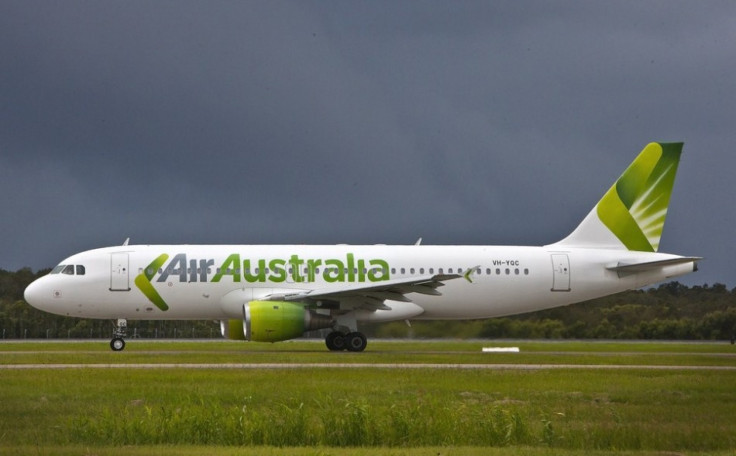Air Australia News: Collapse Strands 4000 Passengers from Honolulu to Phuket

Thousands of people were stranded on Friday from Hawaii to Indonesia as news broke that budget carrier Air Australia ran out of money and went into voluntary administration.
The budget carrier immediately grounded its fleet of five jets, stranding roughly 4,000 people in Hawaii, Phuket, and Bali, according to voluntary administrator Mark Korda.
Overnight, the company was unable to refuel its planes in Phuket, Korda told Australia's Fairfax Radio. The directors appointed us at 1:30 this morning and the boys have been working throughout the night to deal with what's a very difficult situation.
He added that he would be looking for a white knight who may wish to buy the airline and get it back in the air, but the prognosis is not good on that.
The carrier said Friday that there were no funds available to meet operational expenses as it suspended all flights.
The Brisbane-based international and domestic airline was known as Strategic Airlines until Nov. 2011 when it was rebranded with much fanfare.
Air Australia was an attempt by Strategic to diversify after it lost a $30 million defense contract in 2010 amid an Australian Federal Police investigation. Its fleet consists of five Airbus A330-200 and A320-200 aircraft that serve routes to Honolulu, Phuket, and Bali from Melbourne, Brisbane, Port Hedland, and Derby. The airline was in the process of seeking rights to Vietnam, China, and the U.S. mainland.
The carrier employed about 300 workers.
Qantas CEO Alan Joyce said both Qantas and Jetstar, its budget subsidiary, were considering adding services to help stranded passengers get to their destinations. Joyce said the airline would sell stranded passengers tickets at the same price they paid with Air Australia in order to give them a chance to recover the full price from their travel agencies or credit card companies.
Virgin, meanwhile, said it would offer $199 flights from Denpasar, Bali.
Many passengers expressed anger that Air Australia was still trading last week despite wide concerns in the travel, insurance, and aviation industries about its financial viability. Two major insurance underwriters, International Passenger Protection and Cover-More, refused to include coverage for Air Australia soon after it was launched because company executives refused to provide them with financial details. However Australia's major travel agencies continued to sell Air Australia tickets, asking customers to sign an extra form saying that they understood their tickets were not covered under standard travel insurance.
Air Australia urged thousands passengers on roundtrip tickets to find alternate arrangements Friday. Another 100,000 who already made a booking were told that the flights will not take place. Depending on how the flight was paid for and from where the ticket was purchased (Web site, travel agent, etc.), the airline laid out the following options:
- Credit Card: It is possible you will be entitled to claim a chargeback via your card issuer. This is likely to be limited to the value of the unflown ticket(s) only and not any further expenses incurred.
- Cash: If you paid by cash, it is likely you will not be entitled to a refund unless you took out insurance AND that insurance covers an event of insolvency (i.e. financial failure of an airline). You should consult your policy or insurance advisor.
- Travel Agent: You should contact your travel agent.
- Web Site: If you purchased the flights via the website, refer to the instructions above about whether you paid via cash or credit card.
© Copyright IBTimes 2025. All rights reserved.






















